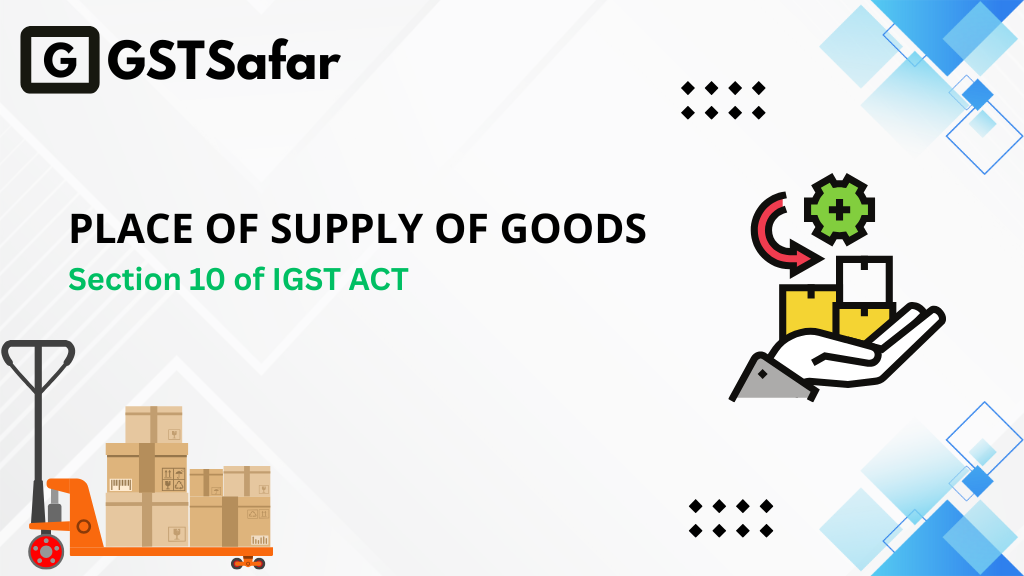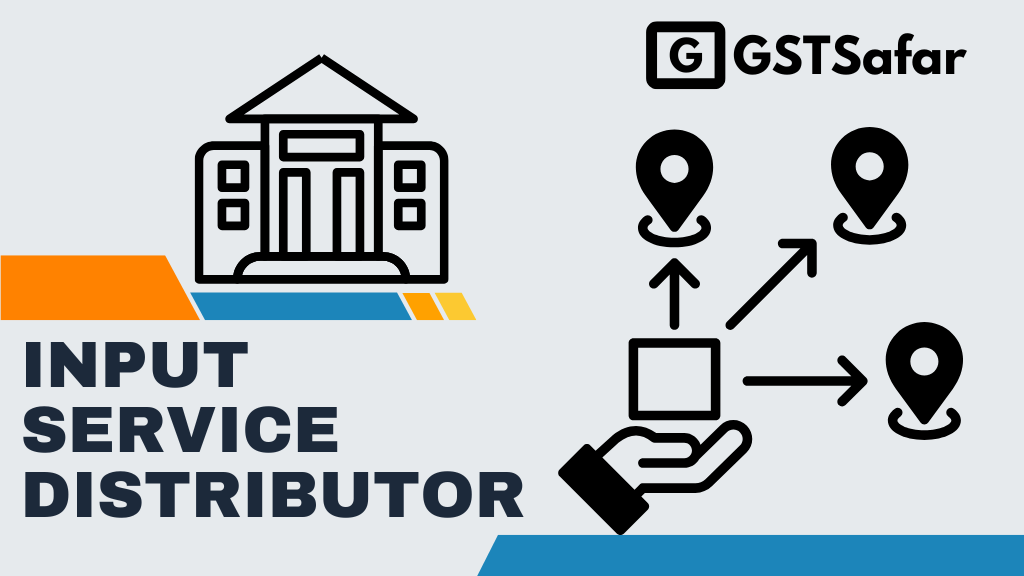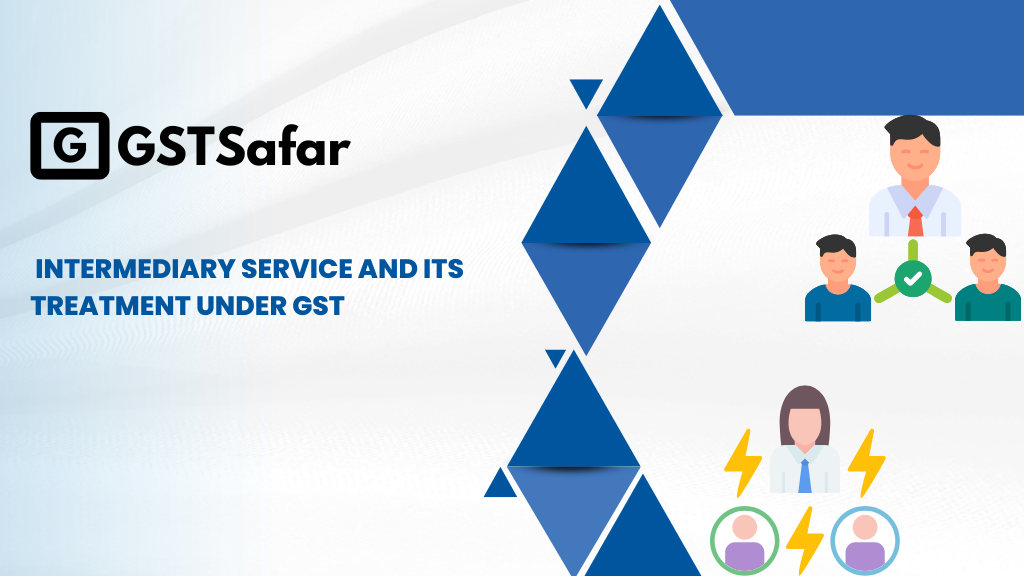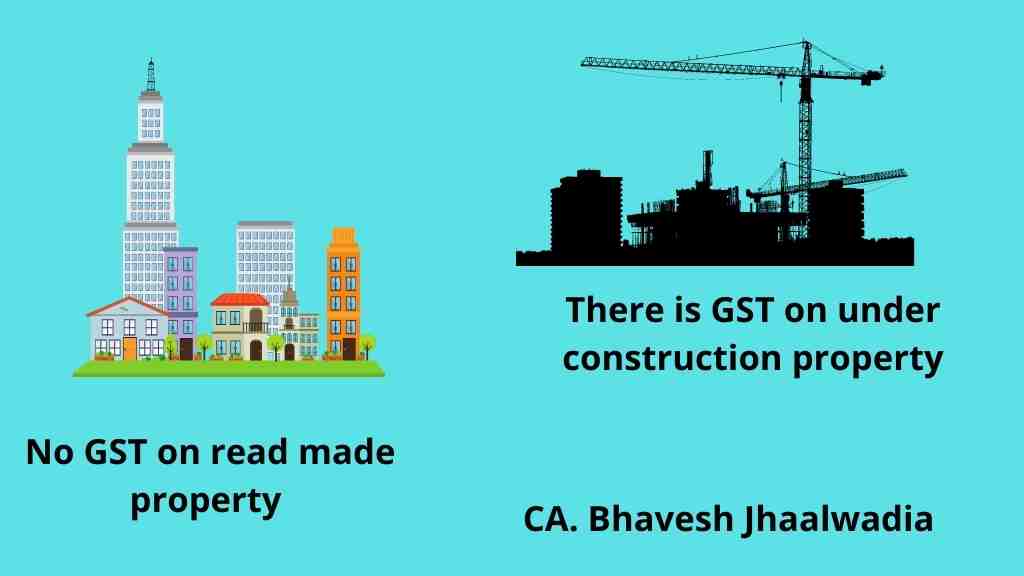GST on online gaming in India 2023 is topic to understand in deep as the Directorate General of GST Intelligence (DGGI) has given the Karnataka-based online gaming company Gameskraft Technologies Private Limited a show-cause notice for the amount of INR 21,000 crore. The reason for the notice is that Gameskraft Technologies Private Limited did not deposit GST for the period of time spanning from 2017 to June 2022. That is why I have selected this topic GST on online gaming in India 2023.
In this post, I will explain the nature of the current controversies for GST, as well as numerous judgements in this topic, an examination of the GST laws that relate to this topic, and finally a final conclusion.
Table of Contents
ToggleControversies for GST on online gaming in India
The taxation framework that is currently in place for the online gaming sector is clouded by uncertainty and a lack of clarity on the classification of games according to the criteria of “skill” and “chance,” as well as the participation of real money in these online games. The question of whether or not playing video games online requires talent or is merely a game of chance has become a contentious one. If it is a game of skill, then the Goods and Services Tax (GST) rate is 18%, but if it is a game of chance, then the GST rate is 28%.
Let’s understand the same thing by classification of services defined in GST
If it’s game of skill then it could fall in SAC 998439 “other on line content services and GST rate in this service is 18%
I its game of chance then it will fall in SAC 999692 “Gambling and betting services including similar online services” and GST rate in this service is 28%
Both these services have been classified in the below table for easy reference
| SAC | Nature of service | GST Rate |
|---|---|---|
| 998439 | Other On–line content services | 18% |
| 999692 | Gambling and betting services including similar online services | 28% |
DGGI issued the biggest show cause notice of Rs 21000 crore to online game company
The Directorate General of GST Intelligence (DGGI) has given the Karnataka-based online gaming company Gameskraft Technologies Private Limited a show-cause notice for the amount of INR 21,000 crore. The reason for the notice is that Gameskraft Technologies Private Limited did not deposit GST for the period of time spanning from 2017 to June 2022.
GOM was directed in council meet for GST on online gaming in India
In 47th GST Council meeting, the Council directed that the Group of Ministers on Casino, Race Course and Online Gaming re-examine the issues in its terms of reference based on further inputs from States and submit its report within a short duration
What is online gaming?
Games that are played through a computer network, the Internet being the most common of these networks, are referred to as “online games.” Online games can range from simple text-based games to games with intricate graphics and virtual worlds that can be occupied by a large number of players at the same time. There is a wide variety of games available, including traditional outdoor sports such as cricket, football, kabaddi, basketball, and hockey, as well as traditional indoor games like as Rummy that are played virtually, most frequently on mobile devices.
Revenue types in online gaming
Under Online Gaming, the gaming company charge from the payer/participants an amount which has two elements –
- One Platform Fees or Entry Fee, which is about 10% to 25% of the amount collected.
- The balance amount collected from each player/participant is pooled in as Escrow Account which ultimately gets distributed amongst the players /participants as Prize Money or Pot Money immediately upon conclusion of the game.
Online gaming is game of skill or game of chance?
In other words can online gaming be said as gambling in the nature and attracting 28% GST?
Punjab and Hariyana High Court judgment for GST on online gaming
The Punjab and Haryana High Court found in the case of Varun Gumber v. Union Territory of Chandigarh that playing online games requires the participant to exercise superior knowledge, judgement, and attention. This was stated in the judgement.
The viability of the game is directly proportional to the decisions that participants make on the composition of their playing teams.
Because they require a substantial degree of skill or a preponderance of skill, which determines the outcome of the game played by the participant, the court decided that Dream11’s (the respondent in this case) online games are exempt from the provisions of the Public Gambling Act 1867. This decision was made after considering the factors listed above.
The order of the Punjab and Haryana High Court in the case of Varun Gumber (above) was challenged before the Supreme Court in the Special Leave Petition (Criminal) Diary [SLP Diary No. 27511 of 2017], which the Supreme Court ultimately decided to dismiss in September of 2017.
Bombay High Court judgment for GST on online gaming
The High Court of Bombay, while relying on the analysis of the Punjab and Haryana High Court in the Varun Gumber case (supra), held that considering the scale of knowledge, judgement and attention required by payers, Online fantasy games are undoubtedly a game of skill and not game of chance, and that as a result, activities and offerings of Dream11 were permitted in law as they have protection guaranteed under Article 19(1)(g) of the Constitution of India and were not illegal operations.
Rajasthan High Court judgment for GST on online gaming
In Ravindra Singh Chaudhary’s case (supra), the Rajasthan High Court stated that because the outcome of a fantasy game depends on the skill of the participant rather than pure chance, and because the winning or losing of a virtual team created by the participant is also independent of the outcome of the game or event in the real world, the format of the online fantasy game offered by Dream11 Fantasy Private Limited is a game of mere skill, and their business is protected under Article 19(1)(g) of the Constitution (supra).
Supreme Court stayed the order of Bombay High Court
In the interim, the state of Maharashtra challenged the judgement made by the Bombay High Court in the case of State of Maharashtra v. Gurdeep Singh Sachar [SLP (Crl.) Diary No. 42282 of 2019], which was considered by the Supreme Court in March of 2020. The orders of the Bombay High Court in the Gurdeep Singh Sachar’s case (supra) have been stayed by the Supreme Court, and the Supreme Court has also issued notices to all of the parties in the Gurdeep Singh Case for the purpose of hearing their contentions once more.
Debate still remains open for GST on online gaming in India
Since the Supreme Court has put a hold on the Bombay High Court’s ruling, the matter is still up for discussion.
Analysis of GST on online gaming in India
As we discussed above revenue types of online gaming is in two parts as under
- Online Platform Fees or Entry Fee, which is about 15% to 20% of the amount collected.
- The balance amount collected from each player/participant is pooled in as Escrow Account which ultimately gets distributed amongst the players /participants as Prize Money or Pot Money immediately upon conclusion of the game.
GST on Online Platform Fees or Entry Fee
Without a chance of doubt, it is supply since it satisfies all of the requirements outlined in Section 7 of the CGST Act 2017, and as a result, the GST will be imposed at the rate of 18% under 998439, which is titled “Other on-line contents nowhere else classified.”
GST on Pooled or Prized Money
Pooled Money or Prize Money kept in Escrow Account, which is a bigger sum and have no clarification on its taxability and so have remained in controversy for quite some time under GST.
According to my opinion, this does not qualify as either the supply of goods or the supply of services. Because t falls under Entry 6 of Schedule III when read in conjunction with subsection (2) of section 7 of the Central Goods and Services Tax Act of 2017, and as a result, GST should not be applied to it
The rationale for this is that any treasured or pooled money can be legally claimed as an actionable claim in reality.
As of right now, the actionable claim can be found at Sr No 6 of Schedule III of GST, which is worded as “Actionable claims, other than lottery, betting and gaming.
Therefore, it is quite evident that there is no GST on any claim whatsoever, with the exception of lottery, betting, and gaming. The question that still needs to be answered is whether or not playing games online constitutes gambling.
This is not a game of chance; rather, it is a game of talents, as we have seen through an analysis of all of the aforementioned high court decisions. As a result, we are able to draw the conclusion that this does not involve gambling, and as a result, the Goods and Services Tax does not apply in any way to the prize money or pooled money.
Status of GST council decision on online gaming
At its 47th Meeting, which took place on the 28th and 29th of June 2022, the GST Council issued a directive to the GoM instructing it to re-examine the issues in its terms of reference based on inputs obtained from the States and to provide its findings within a short period of time.
On the valuation and rate of GST that should be imposed on online games, the GoM is still in the process of consulting with industry leaders, technical experts, and tax administrations.
After the consultation has been completed and the report has been finalised by the GoM, the document will be sent to the GST Council. After that, the GST Council will convene to discuss a variety of topics, including casinos, racetracks, and online gambling, before coming to a final decision.
In light of the findings, the GST Council will provide a recommendation to the government regarding the essential steps to be taken in order to put it into effect.
Difficulties faced by online gaming company
The online gaming industry is facing the following challenges from the point of view of GST.
- Until the time that the Supreme Court decides the matter, the online gaming industry will require to prove not only legally but also technically that their games are only a game of skills.
- As far as the law is concerned, they have been basing their arguments on favourable judgements handed down by a variety of High Courts. However, they will now need to demonstrate that the games that are played by participants on their platforms are based solely on games of skill, and that there is no element of games of chance included in any of their games.
- But what if it turns out that there is some kind of cross between a game of skill and a game of chance?
- The Goods and Services Tax Act of 2017 does not provide a definition of “online gaming,” and the most difficult task facing the GoM is determining what qualifies as a “game of chance” and what qualifies as a “game of skill.”
- Before making a decision about the taxation of online gaming and betting, it is imperative to first arrive at a precise definition of the phrases “game of chance” and “game of skill” and to classify them accordingly.
What if government declares online gaming as game of chance?
It goes without saying that if the the Government views online gaming to be a “Game of chance” rather than a “Game of skill,” then it will raise the huge litigations since in many of the instances that have been brought before the High Court, online gaming has been deemed to be a “Game of talent.” In addition to this, it will have a negative impact on the sector’s business sentiment.
GOM will have to be very responsible before arriving any conclusion
The GoM may investigate the potential of classifying the sum of money received by gaming companies as “Platform Fees” or “Entry Fees” under SAC 998439 at the very beginning of the process so that GST can be assessed at the rate of 18%.
The GoM needs to be aware that online gaming, horse racing, and casinos are completely distinct in terms of their parameters, skill levels, sizes, and levels of competency; as a result, there have to be various rates for each of these three types of gambling.
Online gaming market in India
It is anticipated that revenues would increase at a compound annual growth rate (CAGR 2022-2027) of 10.75%, which will result in a projected market volume of $1.39 billion in the year 2027.
Within the realm of online games, it is anticipated that the total number of users would reach 186 million by the year 2027. The percentage of users will reach 10.4% in 2022, and it is anticipated that it will reach 12.7% by 2027. When compared to other countries, China will bring in the largest revenue (6,309.00 million US dollars in 2022) It is anticipated that the average revenue per user (ARPU) in the Online Games sector will amount to $5.70 US dollars in the year 2022.
Final conclusion about GST on online gaming in India
Now, if this industry is considered to be a gambling activity, then it would have a negative impact on this industry, and in the end, it will indirectly have a negative impact on the Indian economy. It will even prevent investors from other countries from making investments in this sector of the economy. Taking care of the economy now will pay off for the government in the long run with substantial revenue in the years to come. However, if the government were to put a significant tax burden on this industry today, together with interest and penalties, it is possible that the government would ultimately lose money in the coming year as a result of a slowdown in this industry. Because of this, I make it a personal prayer that the government would find a solution to this problem by prioritising the long term revenue over the short term by considering online gaming as a game of skills.
Read other industry specific articles for GST









